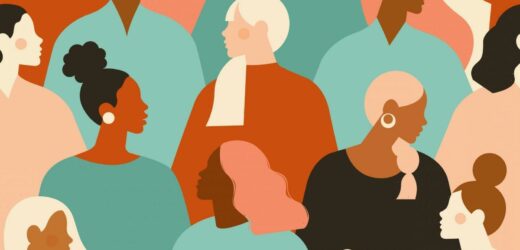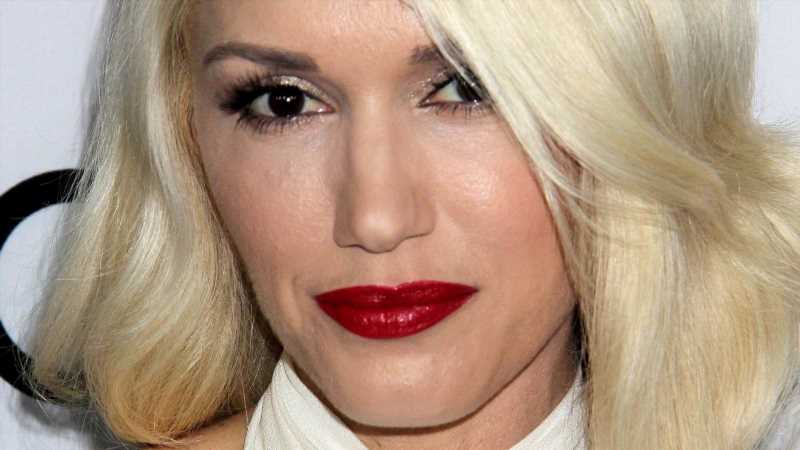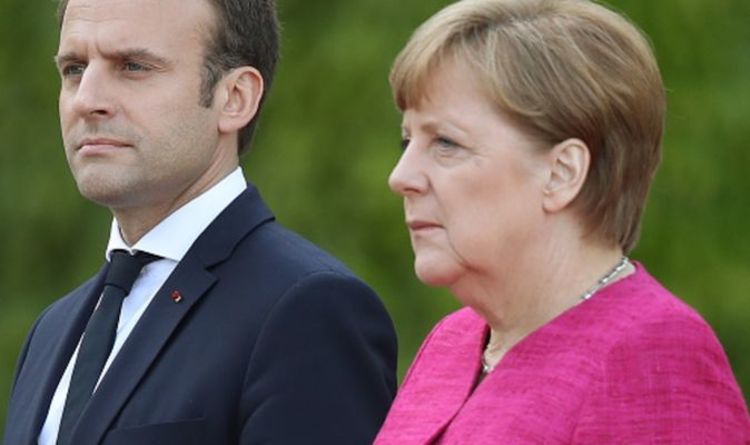The pandemic – and the threat Covid-19 poses – is far from over. So why are we celebrating like it is?
Boris Johnson has confirmed plans to lift most legal coronavirus restrictions and guidance in England on 19 July. In a press conference on Monday (5 July), the prime minister confirmed that masks and social distancing guidelines will be lifted later this month, as well as restrictions on indoor socialising, including nightclubs.
“If we can’t reopen our society in the next few weeks, when we will be helped by the arrival of summer and by the school holidays, then we must ask ourselves – when will we be able to return to normal?” Johnson added as he detailed the plans.
Online and in the press, reactions to the announcement have been plentiful, with many expressing their joy at the approach of what has come to be known as “freedom day”. But for me, that term – and the connotations it carries – is problematic.
Firstly, this pandemic is not over. Even if you choose to ignore the crisis unfolding in multiple countries across the globe (which, by the way, we shouldn’t be), this country is facing its own ongoing problems.
Just yesterday (6 July), the health secretary Sajid Javid warned that UK daily Covid-19 cases could rocket to a record 100,000 after restrictions are lifted. And on Monday, Boris Johnson made it clear that the worse of the third wave was yet to come.
“I want to stress from the outset that this pandemic is far from over and it will certainly not be over by 19 July,” he said at the beginning of the conference. “As predicted in the roadmap, we’re seeing cases rise fairly rapidly – and there could be 50,000 cases detected per day by 19 July. And again, as we predicted, we’re seeing rising hospital admissions and we must reconcile ourselves, sadly, to more deaths from Covid.”
Although the prime minister went on to say the lifting of restrictions came as a result of a “careful and balanced decision” which took these facts into account, the message the current situation sends could not be clearer: the virus is still a very big problem, and choosing to pretend we’re “free” from it because restrictions are lifting won’t do anything to change that.
Secondly, describing 19 July as “freedom day” could discourage the kind of responsible behaviour we need to stop transmission and prevent the virus from mutating. At this point, it’s a well-known fact that allowing the virus to spread puts us at greater risk of facing a vaccine-resistant variant, and doing simple things like opening windows, wearing masks and social distancing can greatly reduce the risk of transmission.
Making out as if the 19 July is some momentous, celebratory occasion when we’re allowed to let loose goes against the kind of caution which is still desperately needed to protect us against a virus that has demonstrated its ability to mutate countless times.
We also need to consider the fact that many people are not free from the threat the virus poses to their health. While the vaccine offers some protection from the virus for most, people with suppressed and weakened immune systems, including those undergoing treatment for cancer, are among those for whom the jabs are unlikely to work as effectively – an estimated 500,000 people in the UK.
For people in this position – and those who have been unable to get the vaccine – the removal of mask and social distancing guidelines actually means they’ll have less, not more, freedom because they won’t be as protected from the virus as they were before and will have to stay home more as a result.
As George Holley-Moore, policy manager at Macmillan Cancer Support tells Stylist: “This is an incredibly anxious time for many people living with cancer who may be feeling left behind or concerned about how to keep themselves safe – something they should not have to worry about on top of dealing with their illness.”
They continue: “To help people plan how to go about their daily lives safely, the Government must be clearer on how it’ll support those who are clinically extremely vulnerable. We need to hear more guidance on the measures members of the public can take to protect vulnerable people and what the options are for those who don’t feel safe going into the workplace. It’s also crucial the Autumn vaccine booster campaign is delivered quickly and efficiently.
“We know this is a very difficult time for many people with cancer and we’re urging anyone in need of support, or just someone to talk to, to get in touch with the trained nurses and advisors on our Support Line.”
Frustration at the “freedom day” rhetoric has been shared by plenty of people on Twitter, who have pointed out how confusing it is to present the easing of restrictions as a celebration at a time when cases are accelerating.
“19 July will be #FreedomDay for many but for me and lots of us it will be ‘freedom has gone again day’ because it will feel too unsafe to be out and about if no masks are being worn and social distancing ends,” read one response.
“I feel the #itsover and #FreedomDay is naïve!” added another.
“This is not over, people are still getting ill from Covid and being left with long-term issues, including PTSD and other MH issues. Let’s remember the sacrifices the NHS personnel have made for us and air on the side of caution.”
After a year and a half of living under restrictions, it’s understandable that people want something to celebrate. We all want this hell to be over. But it isn’t – and now is not the time to start pretending.
It’s OK to be jubilant and optimistic over the progress of the vaccine rollout and the sense of protection it’s afforded many of us, but we need to stop framing 19 July as the finish line.
The coronavirus pandemic is far from over – and we owe it to ourselves and those around us to take these next steps with the caution they deserve.
Images: Getty
Source: Read Full Article



